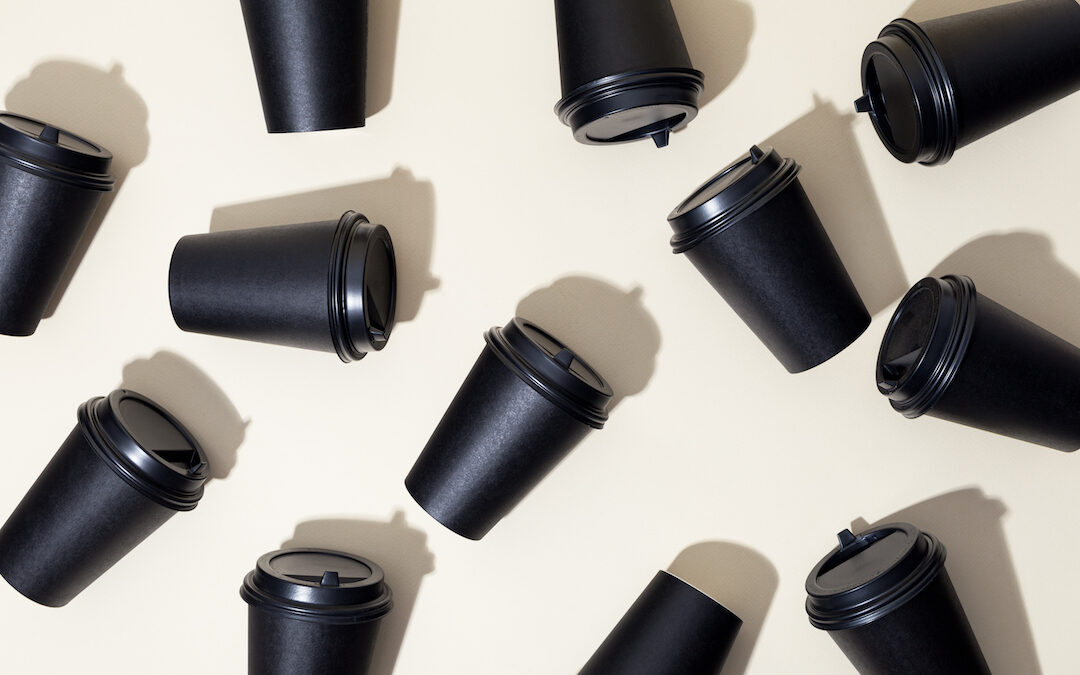What started out as an inventive idea could help to permanently reduce national waste levels and protect our environment.
A new partnership between an asphalt company and a green group has resulted in Australia’s first road made from recycled single-use coffee cups. The 50-metre strip of asphalt has been laid in western Sydney, and is already standing up to the unrelenting traffic of Australian roads.
The program is an attempt to ‘close the loop’ on waste, creating a circular economy where landfill is used in other products instead of being destroyed. It could help to reduce carbon emissions and create a greener future for all.
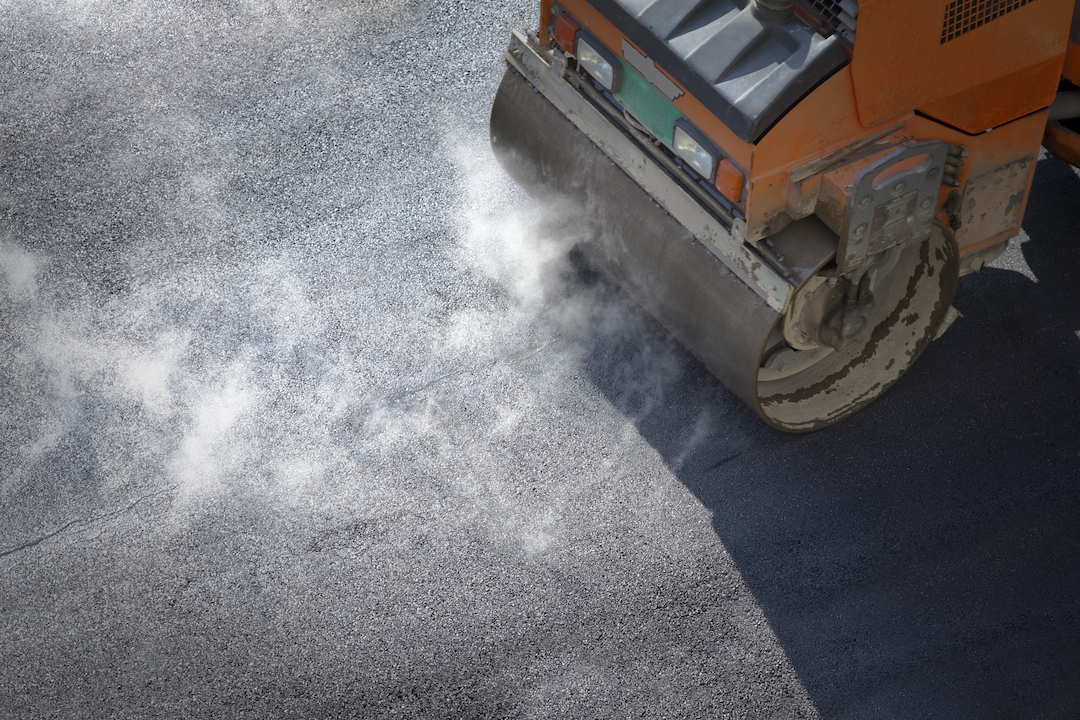
Coffee cup conundrum
Every day, 2.7 million single-use coffee cups are thrown away in Australia. This means around 1 billion cups end up in landfill every year. Because of the plastic lining on the inside of the cups, they can’t be recycled using traditional methods.
In total, coffee cups are the second most common waste after plastic bottles. According to experts, we aren’t being properly educated on how to dispose of them, which is leading to increased emissions and energy use in order to dispose of these pesky products.
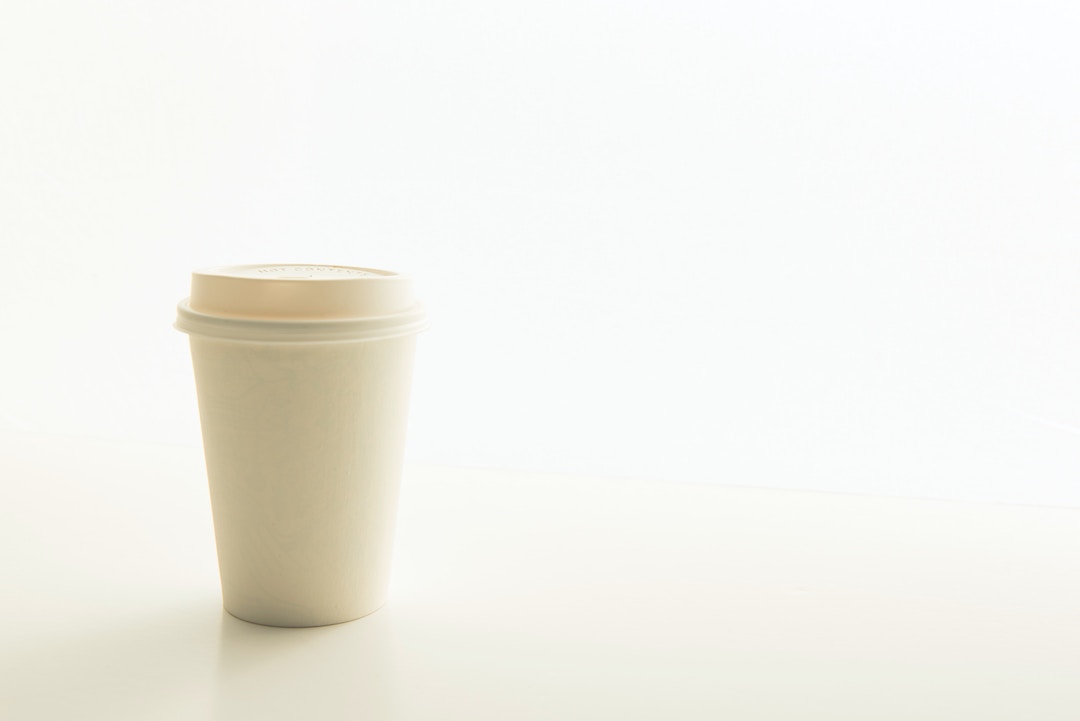
A second life
That’s where State Asphalt Services comes in. Thanks to Closed Loop, who work with businesses to improve their environmental impact, they have partnered with the recycling company Simply Cups to work on an initiative using these overlooked cups.
Usually, roads are held together with cellulose imported from international manufactures. But the team have found that the same material can be sourced from the plastic and paper found in coffee cups. So far, the road made from this new material has been tested as rigorously as any other. This includes withstanding Aussie heat and traffic, as well as being put through a machine that flexes it until it fails.
According to John Kypreos, director of State Asphalt Services, “it’s a better performance product than what we were producing before.”
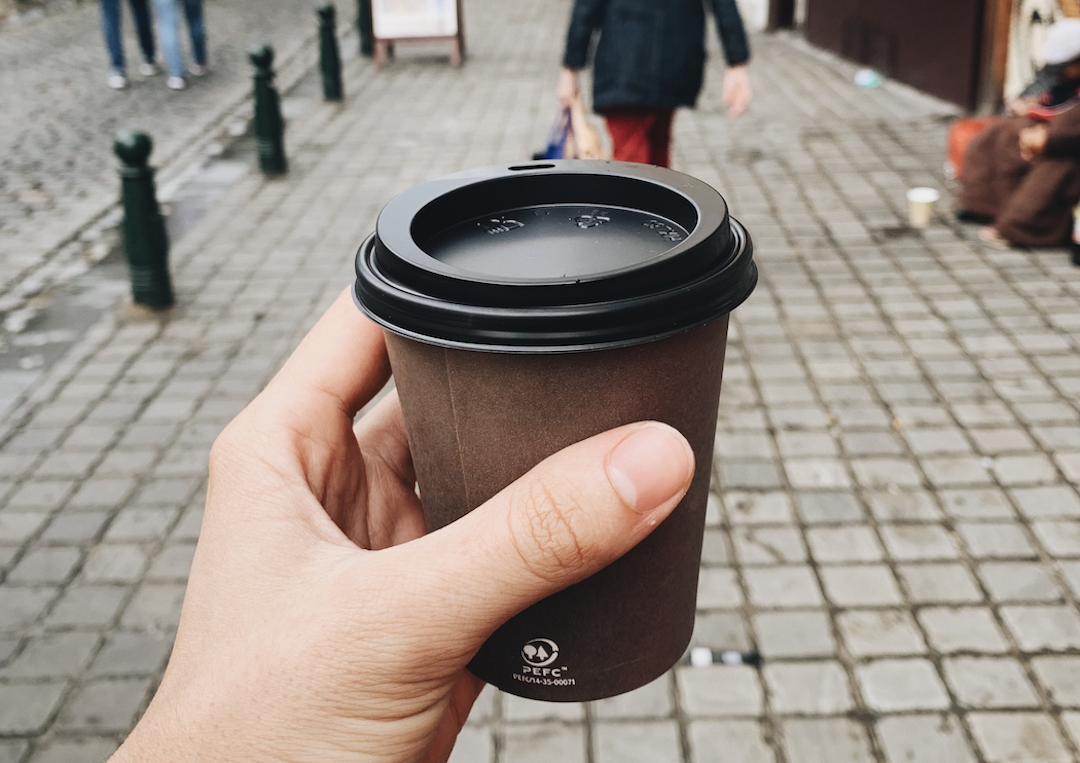
Closing the loop
Testing began on this new material in an attempt to achieve net-positive waste. Net-positive waste occurs when an item has more positive than negative impact on the environment. This doesn’t mean it has zero negative impacts, but rather the raw materials are used in new ways instead of ending up in landfill, reducing the need for energy and greenhouse gases.
However, for this system to work, someone needs to be buying these recycled products. And that’s where the partnership comes in.
According to Rob Pascoe, founder and head of Closed Loop, “it’s not until you’re actually buying back the products that are made out of that reused material that you’re properly recycling.”
“It’s not just a matter of lifting the lid on your yellow bin at home and putting stuff in the bin and saying, ‘I’ve done my job.’”
To make an environmental impact using this recycled waste, three main things need to occur. First, a product needs to be made from the waste. Then, the product needs to prove useful for some purpose. And finally, it has to be commercially viable.
The asphalt made from coffee cups is a great example of this plan in action, as an everyday item that is easily collected and recycled has found a second purpose which has proven sustainable in the long term.
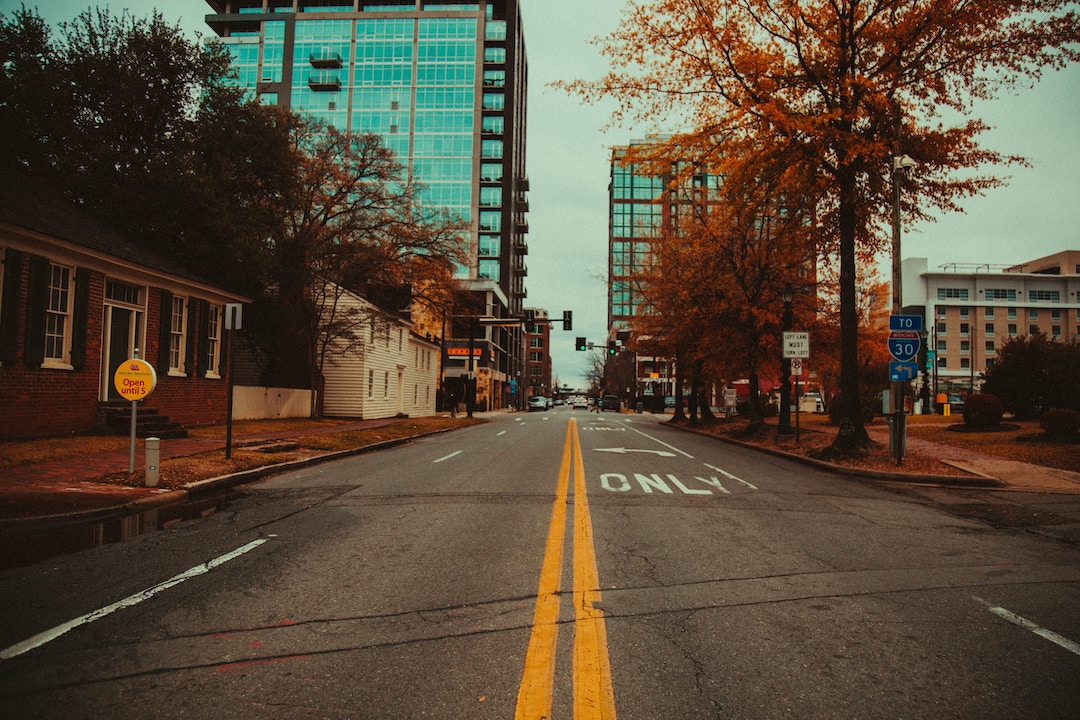
The road ahead
By reusing waste, Australia could see significant environmental and economic benefits. In fact, for every 10,000 tonnes of waste that’s reused or repurposed, 9.2 jobs are created. This is compared to the 2.4 jobs created by sending the same material to landfill.
While turning coffee cups into roads is the first step towards eliminating carbon emissions, there’s still more work that needs to be done. The more we invest in recycled products and invite inventive solutions, the stronger our environment will become.
To learn about other environmental initiatives in Australia, click here.

